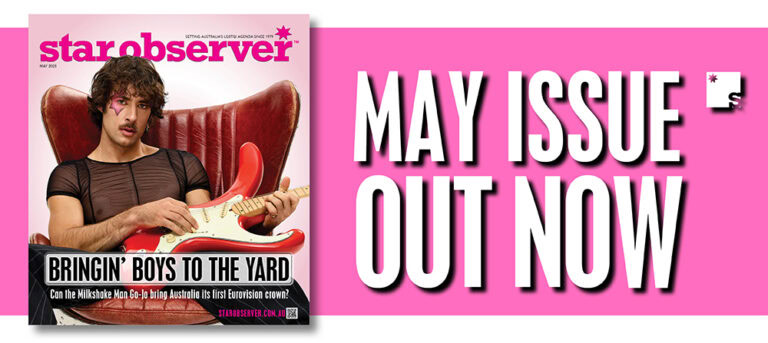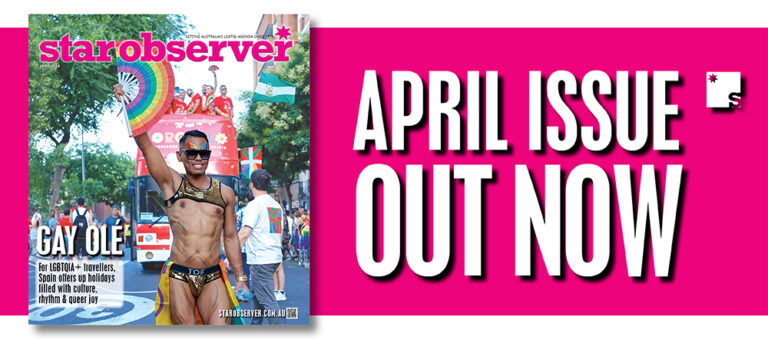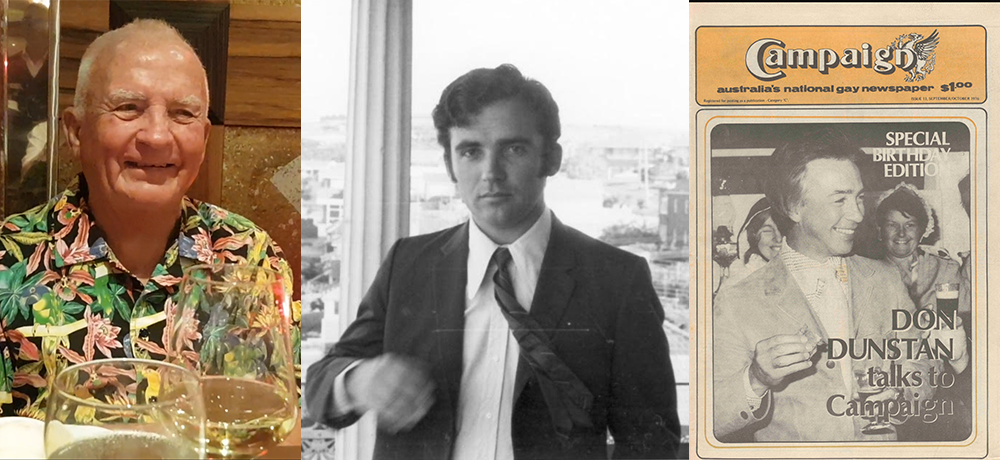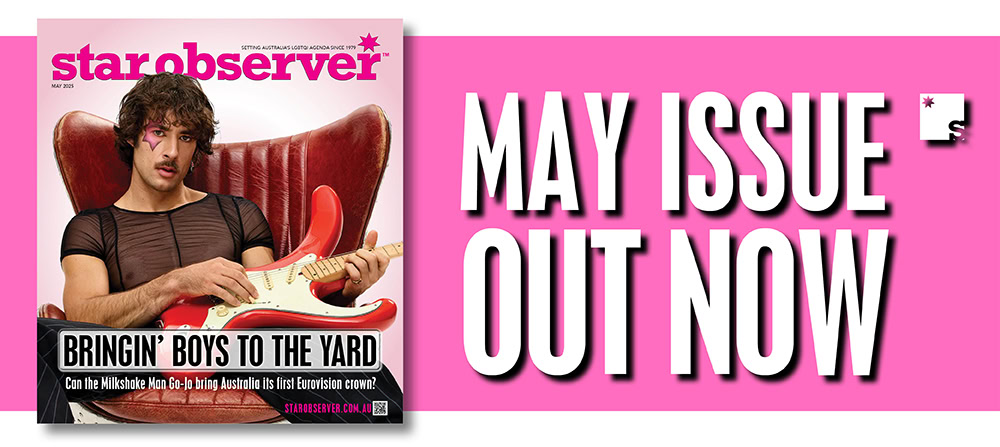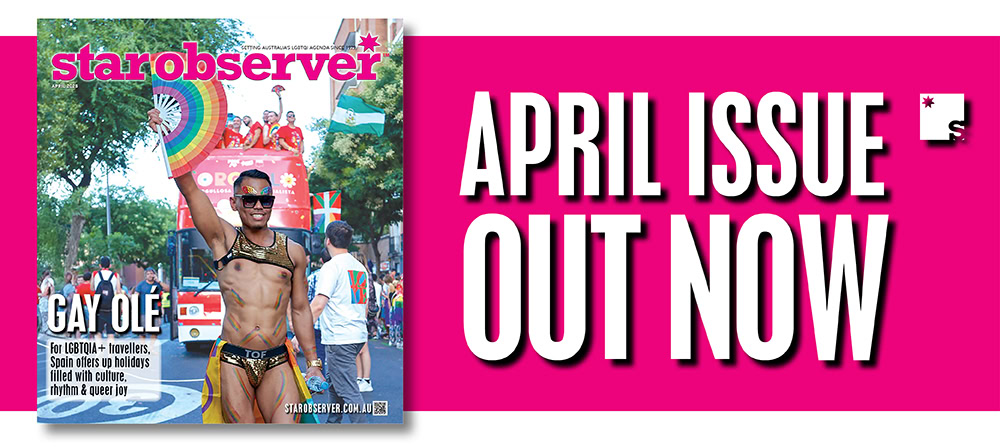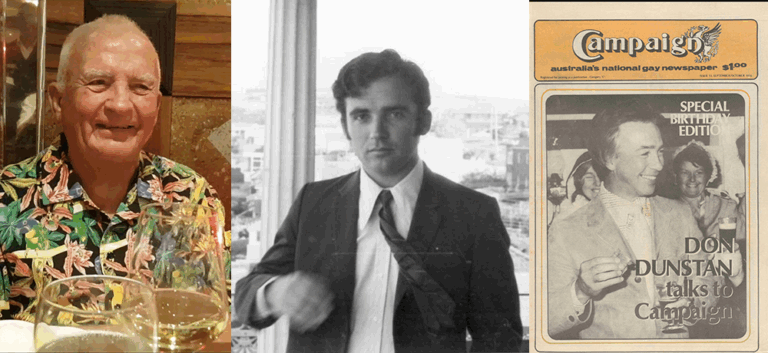
Classroom Abuse: Gay Students Sue
From Our Archives: 17 April 1997
Subscribe to read the full story in the Star Archives.
‘No-one cares that he’s gay. It’s just that he’s so proud of it,’ a Cranebrook High School student said of her 14-year-old classmate Christopher Tsakalos.
She didn’t mean it as a compliment.
‘He got bashed a couple of times but mostly brought it on himself. He didn’t help himself, the way he walked and talked,’ said another Cranebrook student about Christopher Tsakalos.
‘People who look like that, you would just have a go at them, but that’s just the way school is,’ a third Cranebrook student said, also referring to Christopher Tsakalos.
Those observations, re-published by the Sydney Star Observer in its Gems column on 10 April 1997, showed how unsafe schools were for LGBTI students and teachers in the ’90s. In many cases, they still are.
In Back to School for Gay Students (17 April 1997), the Sydney Star Observer reported Christopher Tsakalos’ case against the Department of Education. The young student alleged Cranebrook High School, in Sydney’s west, had failed to provide a safe environment for him.
Tsakalos said he was beaten up, abused and terrorised by fellow students because he was gay.
“In a last-minute out-of-court agreement between the parties, the Department undertook to provide a safe school for Tsakalos,” said the Star report.
“I have really missed school, and I really wanted to go back. They have said to me it is going to be safe, and if it’s not then I guess we’ll be back here [in court] again,” Christopher Tsakalos said.
The student’s mother, Vicky Tsakalos, said she was relieved at the outcome but still harboured concerns about what will happen when her son returns to school.
“I can’t say that I am not worried — but at least we’re getting somewhere, at last something is being done … that is all I ever wanted.”
Barely two weeks after Christopher Tsakalos reached his out-of-court settlement, the Sydney Star Observer led with another story of sustained abuse experienced by a gay high school student and witnessed by teachers at the student’s school.
“A former student of Marcellin College at Randwick is suing the Catholic Education Office (CEO), claiming he endured two years of homophobic abuse while attending the Catholic high school,” the Star’s Ruth Pollard reported in ANOTHER SCHOOL FACES GAY ABUSE CHARGES: CATHOLICS SUED (1 May 1997, page one).
The student, James Brilley alleged the CEO had breached its duty of care. Brilley said he experienced a loss of quality of life, loss of past and future earnings, and pain and suffering because of his experience at Marcellin College.
He said teachers witnessed the homophobic abuse levelled against him by his fellow students but had done nothing to prevent it.
The situation at Marcellin became so serious that Brilley, then 14 years old, was regularly sent by the school’s principal to the Prince of Wales Adolescent Unit, where he was given medication and counselling without his mother’s consent.
Brilley told the Star he began litigation against his former high school to ensure they were made accountable for their lack of action.
“I am not saying everyone at the school is homophobic, but a great majority of them were,” he said. “One of the kids said he was surprised the brothers let me into their school.
“Another student said to me: ‘Why don’t you do some work, poof’, and a teacher said ‘Exactly’”.
Other students called James Brilley a “fucking poofter”, “faggot”, “ugly, dumb poofter” and told him he should commit suicide.
“To say the school was uncaring is an understatement,” Brilley said.
The Star noted that Brilley’s case had again raised concerns over religious exemptions from anti-discrimination laws.
Gay and Lesbian Teachers and Students Association (GaLTaS) co-convenor Derek Williams said James Brilley’s case highlighted the need for fundamental changes in the Catholic education system.
“The CEO accepts public money to assist in funding their schools,” Williams said. “They should therefore have to obey the same Anti Discrimination laws that apply to the rest of the community.”
